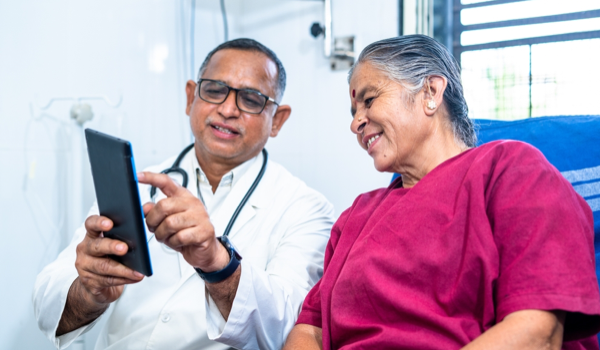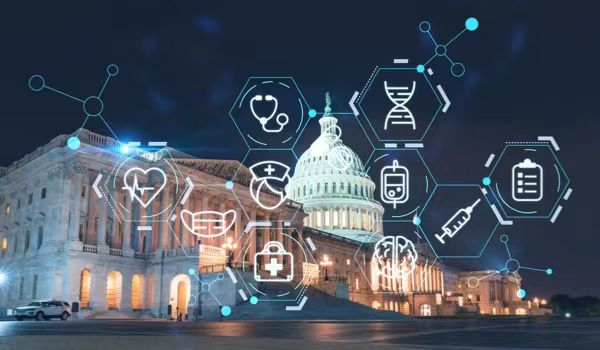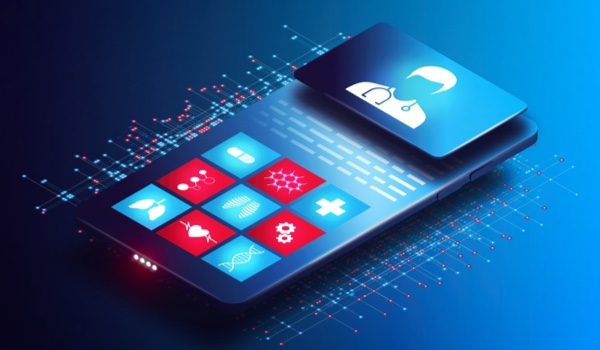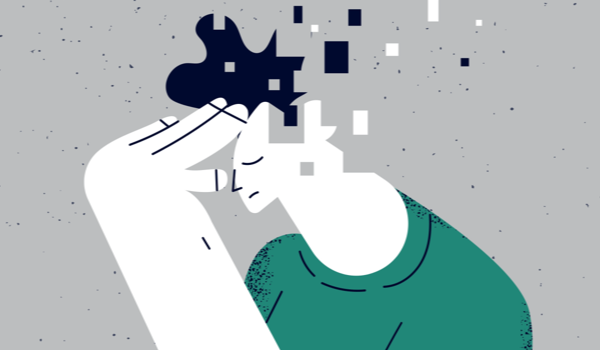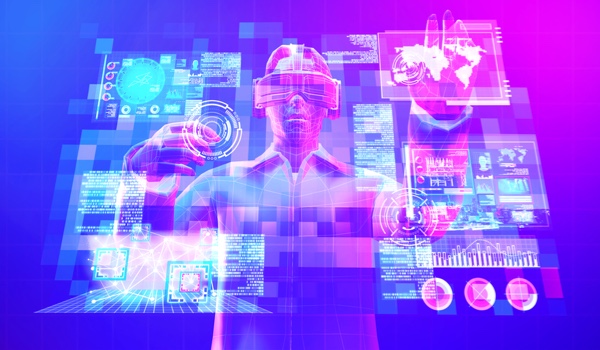

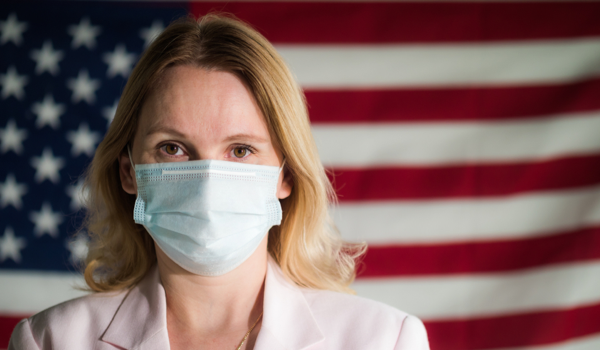
BELMONT, MASSACHUSETTS - The extraordinary hype generated by the daily releases of new generative artificial intelligence (AI) applications has raised expectations for the imminent birth of a brave new United States healthcare system. Is ChatGPT soon going to graduate from medical school and become ‘ChatMD’?
Microsoft founder Bill Gates is among those recommending the use of generative AI tools for primary patient diagnoses. Prominent medical researchers confidently predict the dawn of a new era in which the ‘multi-modality’ of large language models will allow for analysis of healthcare data across all sources, e.g., physicians’ notes, images, and lab values. Of particular note, researchers say, is the models’ in-context learning, or their ability to execute tasks for which they were never explicitly trained. Indeed, ChatGPT recently performed at or near the passing threshold for all three parts of the US Medical Licensing Exam without receiving any specialized training or reinforcement.
Could this signal the arrival of the new physician, the machine doctor? Maybe not. After all, if data is the food that artificial intelligence (AI) needs, then the US healthcare system is still starved for comprehensive and representative real-world health data that is standardized, shareable, and easily accessible.
The sorry state of America’s health data was laid bare in a recent report from the Office of the National Coordinator for Health information technology (ONC), but there was some good news. There has been “tremendous progress” on electronic health information, with 96 percent of non-federal acute care hospitals and 78 percent of office-based physicians using a certified electronic health record (EHR) system as of 2021, according to its findings.
There is no doubt that a lot of what is going on in American healthcare today is being digitized. Actually, this has been the case for some time; in 2014, 96 percent of hos
The content herein is subject to copyright by The Yuan. All rights reserved. The content of the services is owned or licensed to The Yuan. Such content from The Yuan may be shared and reprinted but must clearly identify The Yuan as its original source. Content from a third-party copyright holder identified in the copyright notice contained in such third party’s content appearing in The Yuan must likewise be clearly labeled as such. Continue with Linkedin
Continue with Linkedin
 Continue with Google
Continue with Google








 759 views
759 views
